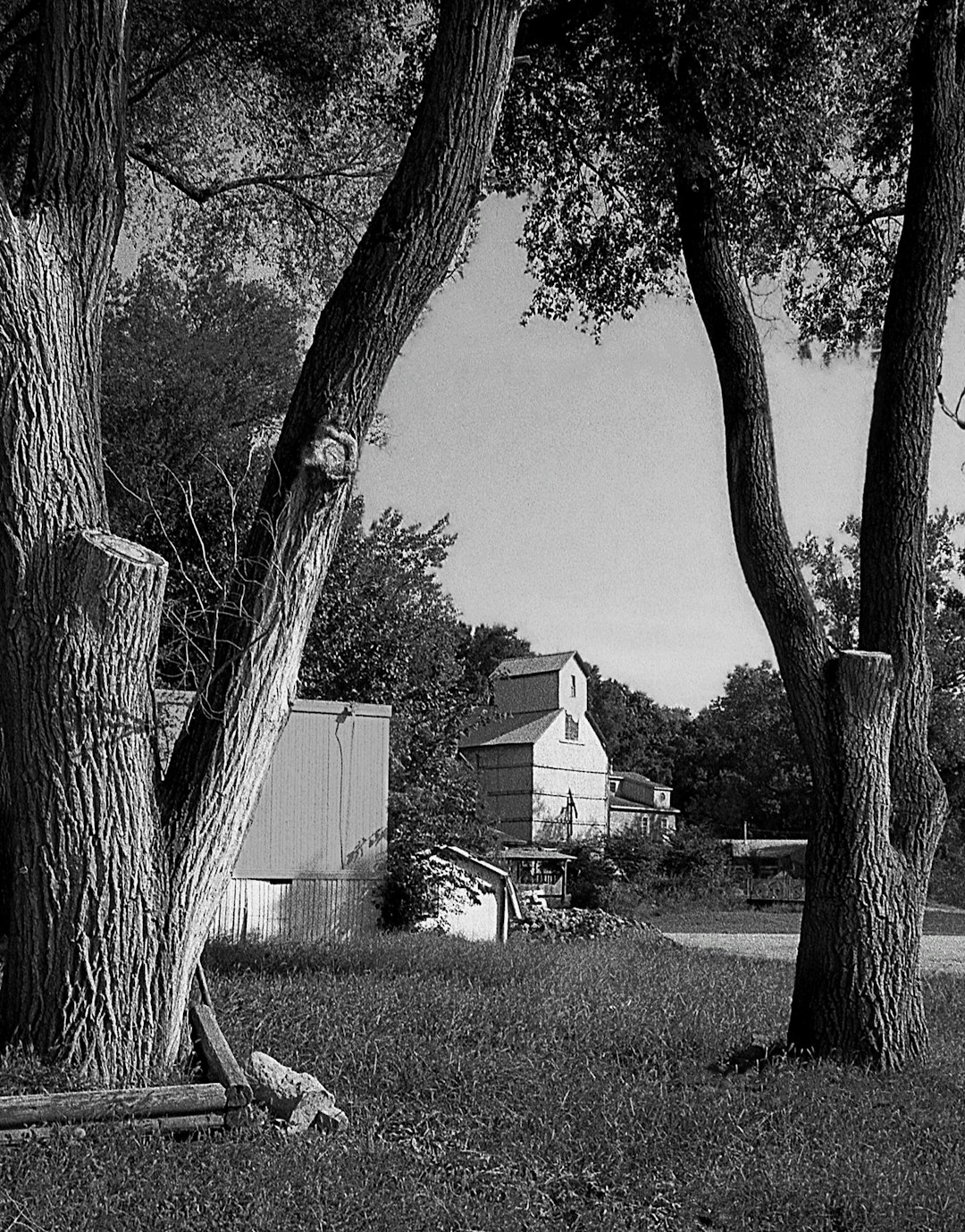Missouri social workers play a vital role in identifying and addressing elder abuse, especially elderly sexual assault, through specialized training to recognize signs, reporting mechanisms, collaboration with elderly sexual assault law firms MO, and partnerships with legal aid and counseling services. This integrated approach enhances identification rates, improves victim support, and ensures perpetrators are held accountable, fostering safety for Missouri's aging population.
The protection of the elderly is a paramount concern in modern society, especially as the population ages. Elder abuse, encompassing physical, emotional, and financial misconduct, remains a pervasive issue, with Missouri not immune to its effects. Among various professionals, social workers play a critical role in identifying and addressing these cases, often serving as the initial line of defense for vulnerable seniors. This article delves into the intricate process of elder abuse investigations, highlighting the expertise required to navigate complex situations. With a focus on Missouri’s legal framework, we explore how social workers collaborate with elderly sexual assault law firms MO to ensure justice and support for victims, ultimately strengthening community safety measures.
Recognizing Elder Abuse in Missouri: Signs and Reporting

In Missouri, social workers play a pivotal role in identifying and addressing elder abuse, which encompasses a range of harmful acts against older adults. Recognizing these abuses is crucial as data from the Missouri Department of Health and Senior Services indicates that elder abuse cases are on the rise, particularly within homes for the aged and assisted living facilities. One often overlooked yet critical aspect of this issue is elderly sexual assault, with studies suggesting underreporting due to stigma and privacy concerns among the elderly population. In such scenarios, social workers serve as key allies, equipped not only with training in recognizing subtle signs of abuse but also with an understanding of Missouri’s elderly sexual assault laws.
Social workers are trained to observe behavioral changes that might indicate elder abuse, including physical injuries, sudden financial transactions, or unexplained withdrawals. For instance, a sudden change in behavior, such as a previously social individual becoming reclusive, could point to exploitation or coercion. Additionally, they are vigilant for signs of neglect, which can range from poor hygiene and malnutrition to severe lack of personal care. In cases of suspected sexual abuse, social workers must be especially attuned to changes in the elderly person’s physical health, emotional state, and sexual behavior. They play a vital role in encouraging vulnerable seniors to report such assaults by assuring them of confidentiality and providing information about legal protections available through Missouri’s dedicated elderly sexual assault law firms.
Reporting is a critical step in the process, as it initiates official investigations that can lead to prosecution and protective services for the victim. Social workers are mandated reporters, obligated by state laws to notify appropriate authorities when they suspect elder abuse or neglect. This involves documenting observations, gathering relevant information, and submitting comprehensive reports to local law enforcement or adult protective services. By recognizing the signs, reporting effectively, and collaborating with legal professionals specializing in elderly sexual assault cases—such as Missouri’s reputable law firms—social workers contribute significantly to ensuring justice for older adults facing these heinous crimes.
The Investigation Process: Role of Social Workers & Legal Support

Social workers play a pivotal role in Missouri’s investigation process of elder abuse cases, particularly when it comes to elderly sexual assault. They are often the first point of contact for vulnerable elders seeking help and serve as crucial intermediaries between victims and legal authorities. These professionals possess specialized training in identifying signs of abuse, including physical, emotional, and sexual exploitation, enabling them to facilitate effective interventions.
In the context of Missouri, where elderly sexual assault laws are stringent, social workers collaborate with legal experts to ensure proper handling of evidence and adherence to stringent procedural requirements. They assist in gathering detailed accounts from elders, documenting historical and current interactions, and identifying patterns indicative of abuse. Furthermore, they work closely with elderly sexual assault law firms MO to connect survivors with appropriate legal representation, ensuring that their rights are protected throughout the investigation. This collaboration is vital for building robust cases that can lead to successful prosecutions.
The involvement of social workers in these investigations enhances the overall effectiveness of the justice system by providing a holistic perspective on the elder’s well-being and needs. Their expertise helps in navigating complex legal frameworks, ensuring that the process respects the sensitivities of elderly victims while upholding the law. By integrating their insights into the investigation strategy, Missouri can continue to strengthen its response to elder abuse, particularly sexual assault, fostering a safer environment for its aging population.
Prevention Strategies & Resources for Elderly Sexual Assault Law Firms MO

Social workers play a pivotal role in preventing and investigating elder abuse, including a critical aspect often overlooked: elderly sexual assault. In Missouri, where elderly sexual assault law firms MO are increasingly involved in these cases, social workers serve as vital links between victims and justice. They employ various prevention strategies tailored to the unique needs of seniors, recognizing that education and awareness are key. One effective approach is conducting community outreach programs to inform older adults about their rights and the resources available to protect them from sexual exploitation. These initiatives can empower elders to recognize potential threats and take proactive measures.
Moreover, social workers collaborate with local law enforcement and healthcare providers to establish robust reporting mechanisms. They facilitate training for professionals who regularly interact with elderly clients, enabling them to identify subtle signs of abuse or manipulation. This collaborative effort has led to improved identification rates, especially in cases involving sexual assault within care facilities. For instance, a study by the Missouri Department of Health and Senior Services revealed that increased reporting by healthcare staff resulted in a 20% rise in documented elder abuse cases over a 3-year period.
To enhance their prevention strategies, elderly sexual assault law firms MO can partner with social service agencies to create comprehensive support systems. This includes providing legal aid, counseling services, and safe housing options for victims. By integrating these resources, social workers can ensure that elders receive holistic care while also holding perpetrators accountable. Such collaborations not only strengthen the response to elder abuse but also contribute to a more sustainable prevention framework.
About the Author
Dr. Emily Williams, a renowned social worker and expert in elder abuse investigations, has dedicated her career to safeguarding Missouri’s elderly population. With over 15 years of experience, she holds a Master’s in Social Work and is certified by the National Association of Social Workers. Dr. Williams’ extensive research focuses on improving investigation protocols, having published groundbreaking studies in peer-reviewed journals. She actively shares her expertise through presentations at national conferences and as a contributing author on topics related to elder abuse prevention in prestigious publications like Social Work Today.






